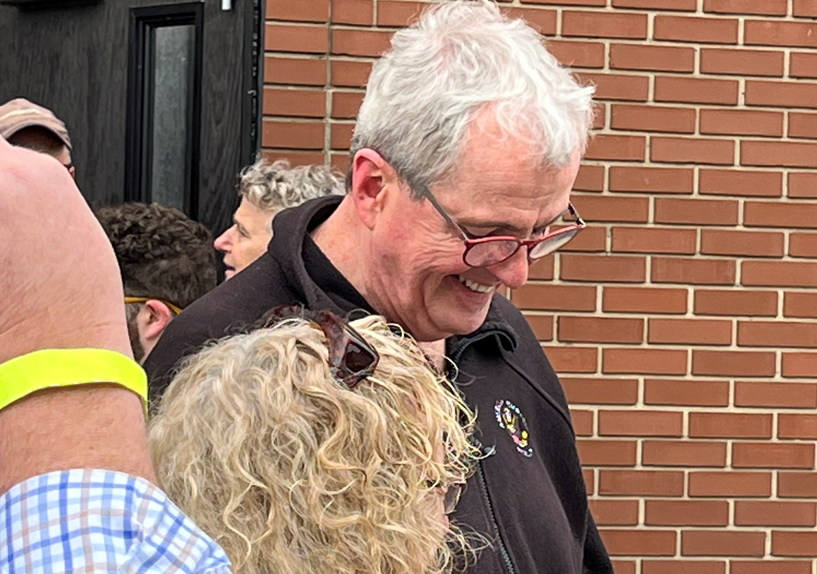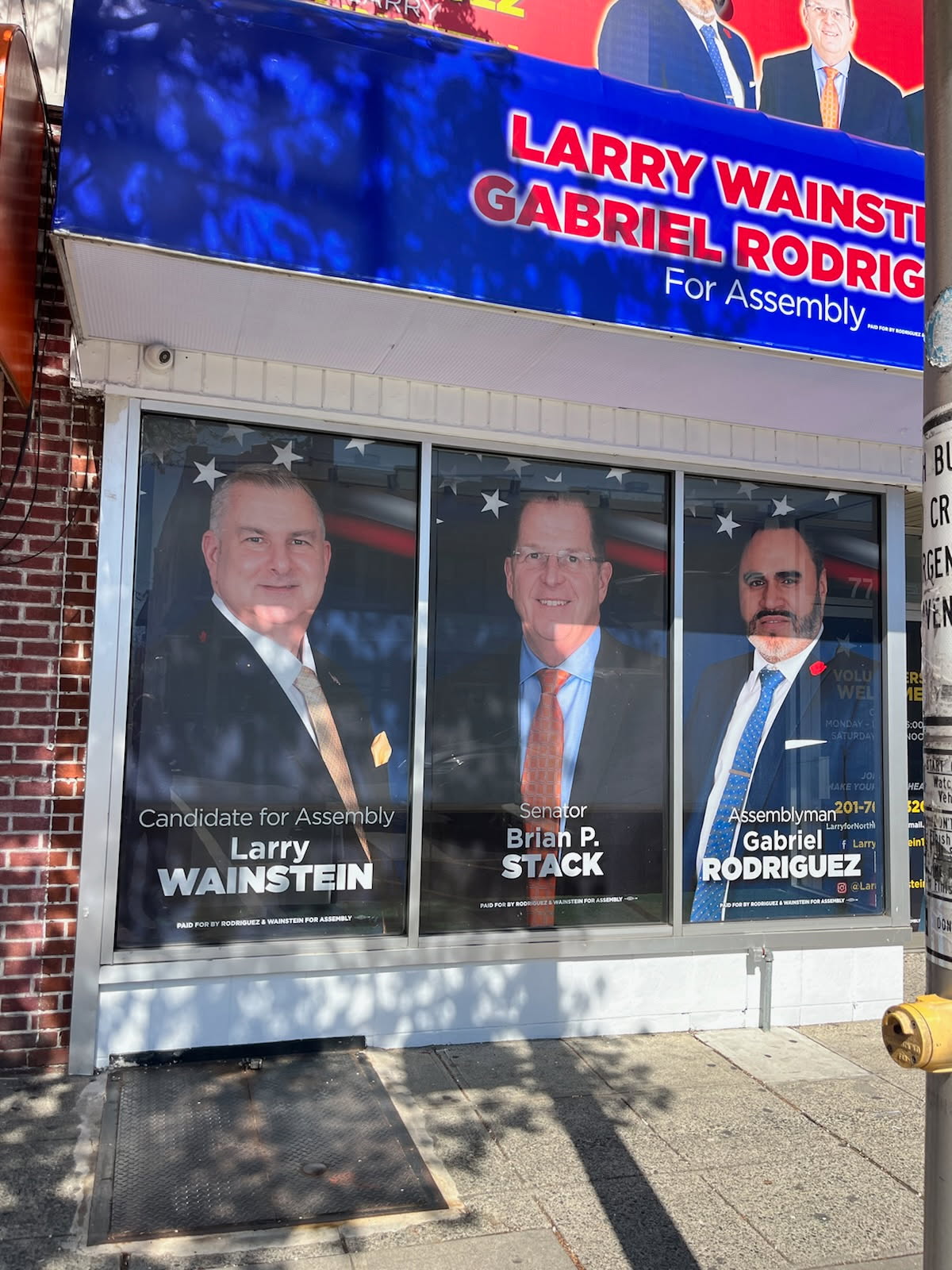
HOBOKEN – Momentum is building in some quarters to allow 16 and 17-year-olds to vote in school board and other local elections.
A national group – Vote16USA – has been advocating for the change across the country. Just for the record, the voting age traditionally was 21 in the United States until it was lowered to 18 in 1971.
The 18-year-old requirement for voting will remain on the federal level in the absence of a constitutional amendment. The push now is to allow younger teens to vote only in local elections.
Earlier this year, the Newark City Council approved allowing 16 and 17-year-olds to vote in school elections.
Phil Murphy is a big proponent of the idea.
Here is what he said earlier this year:
“I know to some, this proposal may sound unconventional. But voting is a lifelong habit. And studies show that, if a person votes in one election – they are more likely to turn out in the next election. So, encouraging our young neighbors to engage with democracy, is really about encouraging them to become lifelong voters.”
The governor followed up Tuesday afternoon, visiting Hoboken High School to discuss the idea with students in an Advanced Placement class on government and politics.
Another supporter is state Sen. and Union City Mayor Brian Stack.
Like all innovations, not everyone is on board with the idea.
At the public hearing in Newark a few months ago, one critic expressed fear that 16 and 17-year-olds would be influenced by their parents, or perhaps their teachers.
In an environment with machine politics – like Newark, and for that matter, Hoboken – that’s a legitimate concern.
Another observation is, just how many young people would take advantage of voting, say, for school board members?
The argument is that those who actually go to school would have a very direct reason to vote in school elections.
Maybe.
Broadly speaking, the data accumulated over the last few decades shows that 18 to 24-year-olds have the lowest voter participation of any cohort. And that includes elections far above the local level – like president.
Speaking of voting and school boards, here is some food for thought.
The school election once stood alone – taking place in mid-April. Voters voted for board members, but also “yes” or “no” on the next school year’s budget.
That changed during the Christie years. The argument was that moving the school election to November, which is now the case in most districts, would save money.
Of course, the real reason was that local officials no longer wanted to deal with a voter-rejected school budget. The pattern was for the town governing body to recommend a dollar figure to be cut. That was always controversial and moving the election to November eliminated a public vote on the budget. That’s because it was impractical to vote on a budget in November when the school year had already begun.
So here’s an idea.
If 16 and 17-year-olds are allowed to vote, move all school elections back to April and let them vote on the budget.
As the governor said in Hoboken, “Local school board elections directly impact the day-to-day lives of 16 and 17-year-old students, and we have the opportunity to instill in them the lifelong value of voting. Casting your ballot is a simple and effective way to help shape the future. I look forward to the day this bill lands on my desk.”
A valid point.
So let them – and everyone else – vote on the school budget.
(Visited 43 times, 43 visits today)
Governor Phil Murphy recently engaged in a discussion with students about the possibility of lowering the voting age in New Jersey. The event, which took place at a local high school, aimed to give young people a platform to voice their opinions on the matter and to encourage them to participate in the democratic process.
During the discussion, Governor Murphy highlighted the importance of engaging young people in politics and giving them a voice in decision-making processes. He emphasized that lowering the voting age could help to increase voter turnout among young people and ensure that their perspectives are represented in government.
The students in attendance expressed a range of opinions on the issue, with some arguing that lowering the voting age would empower young people to have a greater impact on issues that directly affect them, such as education and climate change. Others raised concerns about the maturity and knowledge levels of younger voters, suggesting that they may not be well-informed enough to make informed decisions at the ballot box.
Overall, the discussion served as a valuable opportunity for Governor Murphy to hear directly from young people about their thoughts on lowering the voting age. By engaging with students in this way, he demonstrated his commitment to fostering a more inclusive and participatory democracy in New Jersey.
As the conversation continues around this topic, it will be interesting to see how Governor Murphy and other policymakers respond to the feedback from young people. Whether or not the voting age is ultimately lowered in New Jersey, it is clear that engaging with students and giving them a voice in political discussions is essential for building a more representative and responsive government.



